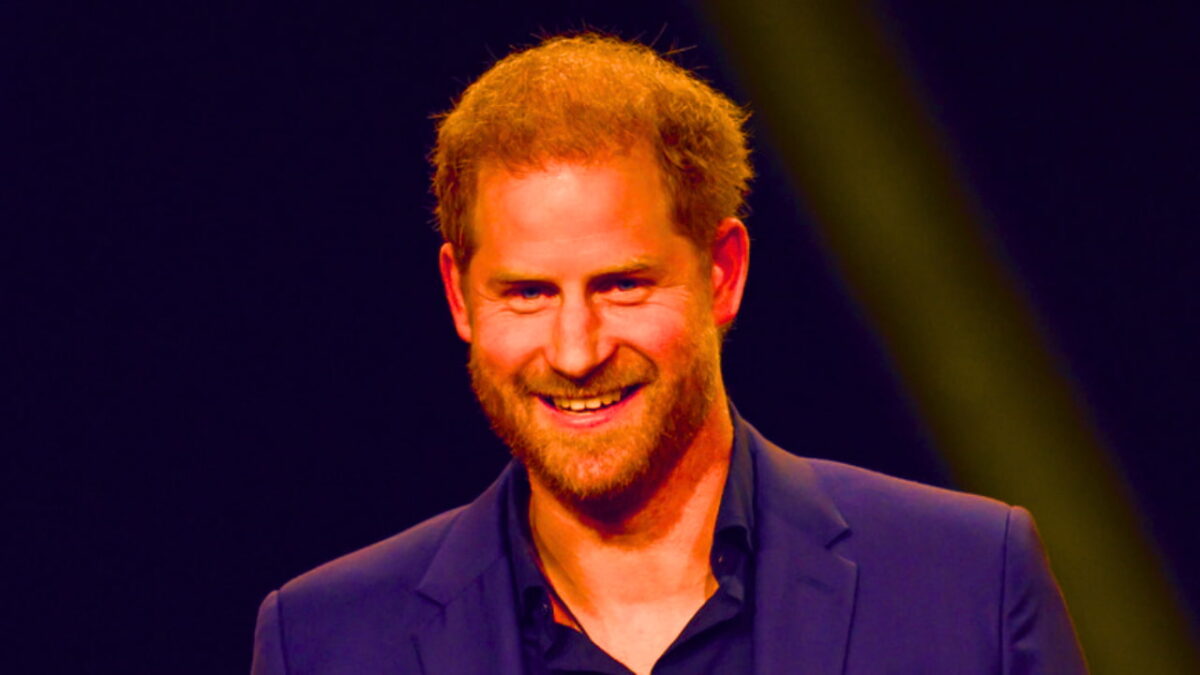A member of the British royal family, Prince Harry is the Duke of Sussex, KCVO.
Harry, 39, made his first public statement on Wednesday at Travalyst’s annual general meeting via video link. This was his first speech since his sister-in-law Kate Middleton, revealed her cancer diagnosis.
Prince Harry established the sustainable travel company Travalyst in 2019.
It is a London-based nonprofit, and at the end of the year, company returns were filed with Harry’s “new details” as part of the organization’s procedures.
On it, Harry declared that he had officially changed his country of residence from the UK to the United States four years after stepping down from his royal duties.
The younger son of King Charles III submitted some paperwork to relocate.
Why has Prince Harry left the U.K.?
This action is in line with growing pressure on the US government to release the details of Harry’s visa, following an implication made by the US ambassador in London that the current administration would not deport him.
A legal battle to access Harry’s visa file is still raging, and the conservative Heritage Foundation think tank in Washington, DC, filed these comments.
The updated information that Harry filed with Companies House for his eco-tourist company, Travalyst, raises doubts about his eligibility to remain, Counsellor of State, which requires a UK domicile.

This is important because Harry was asked to leave Frogmore Cottage by King Charles, so he no longer has a place to live in the UK.
Given that the law finds it difficult to explain the decision of a second son of the King to forgo royal duties, the circumstances surrounding Harry’s appointment as a Counsellor of State are complicated.
In an apparent attempt to prevent growing family strife, the King requested in 2022 that Princess Anne and Prince Edward be added to the list of counselors of state. However, he decided against removing Harry and Prince Andrew from the list.
However, the urgency of the situation has increased due to King’s recent cancer treatment.
Harry has also had legal issues regarding his safety in the UK. He lost a legal battle challenging the Home Office’s decision to take away his automatic right to protection from the Metropolitan Police.
The judge dismissed his attempt to have the amount of legal fees he had to pay halved, labeling some of his applications as “frankly hopeless.”
